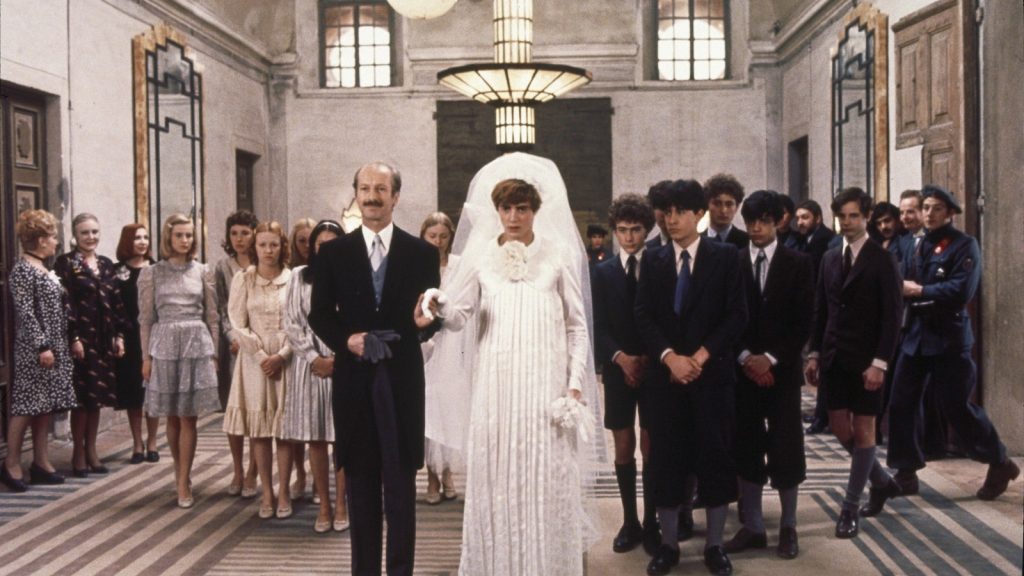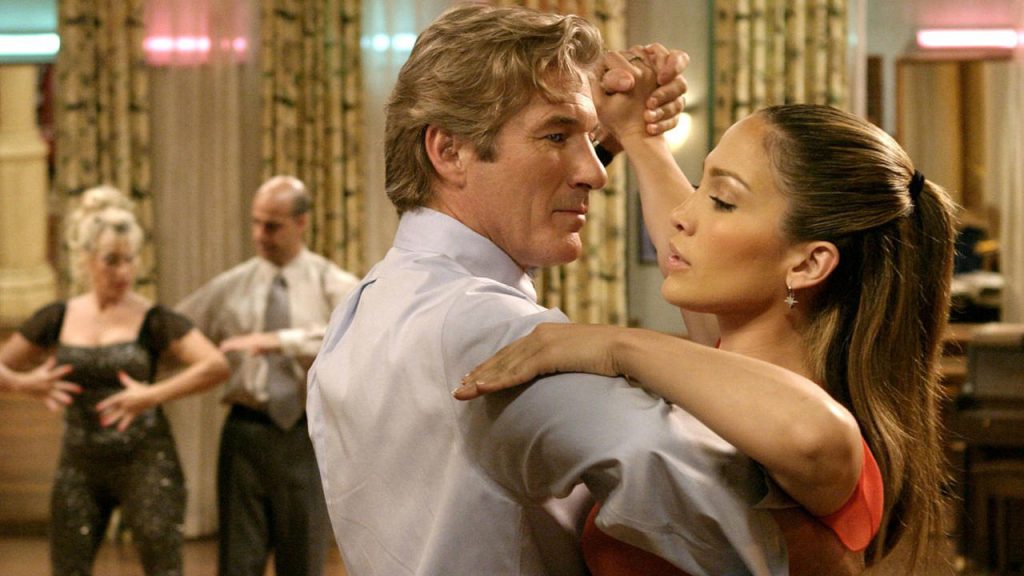In spite of the show’s out-of-this-world premise – a man in space forced to watch bad movies alongside two wisecracking robots – the inspiration for many a host segment on Mystery Science Theater 3000 was decidedly down to Earth. Take the 1996 episode where they tackled ’70s schlockfest The Incredible Melting Man, during which budding filmmaker Crow T. Robot gets the chance to realize his dream project, Earth vs. Soup, which a major studio has bankrolled to the tune of $30 million. The catch? Mad scientist Dr. Forrester and his mother Pearl have siphoned off most of the budget, leaving Crow with a measly $800 and an absurd mandate that it star Kevin Bacon. This culminates in a chaotic shoot that yields no usable footage, a brutal test-screening focus group, and the indignity of having his grand vision reduced to the length of a trailer.
It’s not hard to imagine the show’s writers channeling their frustrations with the process of making their maiden big-screen outing – which went into limited release on April 19, 1996 – into these sketches. Best Brains wasn’t alone, though, since Mystery Science Theater 3000: The Movie was preceded by one week by Brain Candy, the theatrical bow of Canadian sketch comedy troupe The Kids in the Hall, who similarly experienced rough sledding on the journey to the big screen.

“First and foremost, we had gone and done probably the stupidest thing we could do for our feature-film debut – a comedy about depression.”
So says Kevin McDonald in The Kids in the Hall: One Dumb Guy, Paul Myers’s biography of the troupe, which had barely wrapped production on its fifth and final season when producer Lorne Michaels got them a development deal at Paramount. Various ideas were kicked around until the five Kids plus head writer Norm Hiscock landed on The Drug, about a powerful antidepressant with the unfortunate side effect of causing some people to become comatose. During the scripting process, Dave Foley had a falling out with the others and removed himself from the writing room, eventually agreeing to act in the film on the condition his shooting days be limited and he wouldn’t appear in drag. Accordingly, the largely straight leading role of Dr. Chris Cooper went to McDonald, limiting the number of other parts he could play. This left Bruce McCulloch, Mark McKinney, and Scott Thompson to pick up the slack, taking between seven and nine roles each. Among them are a handful of recurring characters from the show (chief among them McKinney’s cranky Croatian cabbie, who acts as the film’s narrator), but the focus is on the pharmaceutical company plot.
This in itself isn’t a bad thing since the film’s sharpest jabs are aimed squarely at the drug industry, represented by pharma magnate Don Roritor, played by McKinney doing a Lorne Michaels impression one year before Mike Myers did the same in Austin Powers: International Man of Mystery. Roritor’s push to rush Cooper’s miracle drug – dubbed Gleemonex – to market before it can be thoroughly tested found its parallel in the Kids’ clashes with studio executives demanding cuts (among them McCulloch’s Cancer Boy, which he fought tooth-and-nail to keep in), a title change, and a new third act when the original ending was deemed too downbeat. (Never mind that they were following the story to its logical conclusion and wound up losing one of Foley’s few characters in the process.) The subsequent loss of confidence on Paramount’s part led the studio to dump Brain Candy into theaters with minimal marketing support. While it eventually found an audience on home video, little effort had been made to cater to it; the film’s bare-bones (and out-of-print) DVD, for example, has yet to be upgraded to Blu-ray. Only a bootleg of the work print that’s floating around gives any indication of what might have been.

“Biggest problem ended up being that we were working with a big studio, and I think that was the biggest flaw in the whole process.” –Kevin Murphy
MST3K: The Movie is better off in this regard since Shout! Factory released it on Blu-ray complete with 23 minutes of deleted and extended scenes plus two featurettes: one made during production and one with the benefit of 17 years of hindsight. The latter, subtitled “The Motion Picture Odyssey,” gives performers Trace Beaulieu, Kevin Murphy, and Michael J. Nelson, and director Jim Mallon the floor to air their grievances and recount the obtuse notes from culturally illiterate studio execs they were compelled to address at the script stage when it was still possible for the plug to be pulled. The meddling really kicked into high gear, though, after the movie was shot and edited. Mildly esoteric pop-culture references were changed to topical jokes that have aged poorly. Long sequences were cut, including whole swaths of The Island Earth, the movie they were riffing, which got whittled down to 56 largely incomprehensible minutes. Also axed: an entire host segment and the original ending, which was completely reshot. (Sound familiar?)
In the end, the version seen by the public ran a scant 74 minutes, making it significantly shorter than a regular episode of the show and 13 minutes shorter than the uncut The Island Earth. Even worse, its release was limited to just 26 screens so the studio’s marketing machine could concentrate on Pamela Anderson’s Barb Wire, which stiffed when it came out two weeks later. When you consider MST3K: The Movie had the highest per-screen average its opening weekend, Gramercy’s failure to get behind it looks as shortsighted as can be.
For Best Brains, The Movie’s lack of crossover success sent them back to the small screen and a jump from Comedy Central to the Sci-Fi Channel, which gave them three more seasons to play around. For the Kids in the Hall, Brain Candy was the final nail in the coffin, at least in the short term. Within a few years, however, they reunited and returned to their stage roots, booking tours across the US playing to sellout crowds first exposed to their unique brand of sketch comedy on Comedy Central. Maybe not the happy ending they were originally hoping for, but it’s better than oblivion.
“Mystery Science Theater 3000: The Movie” is on Hoopla and is available to rent on most streaming platforms. “Brain Candy” is not.



